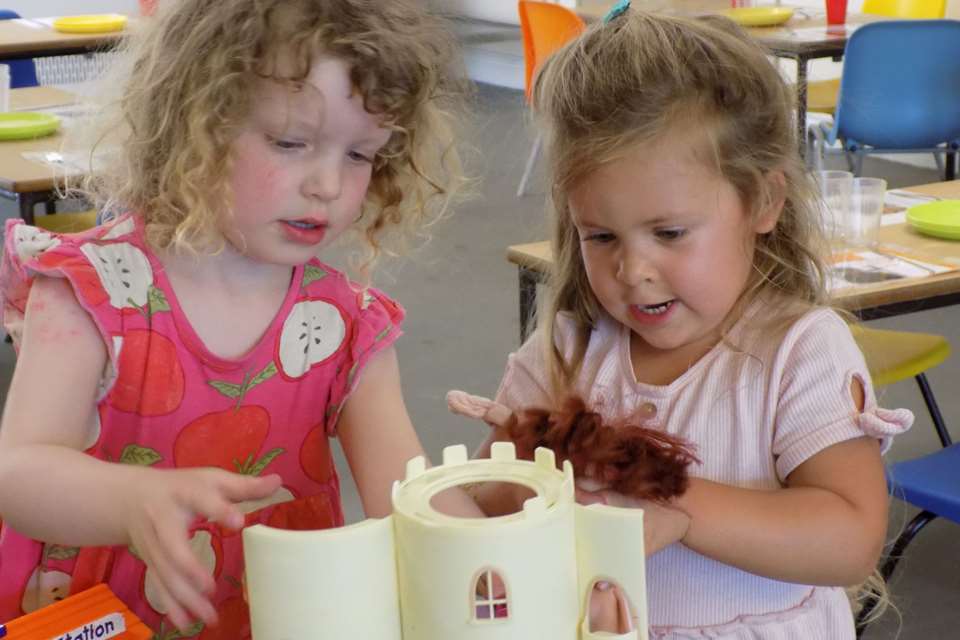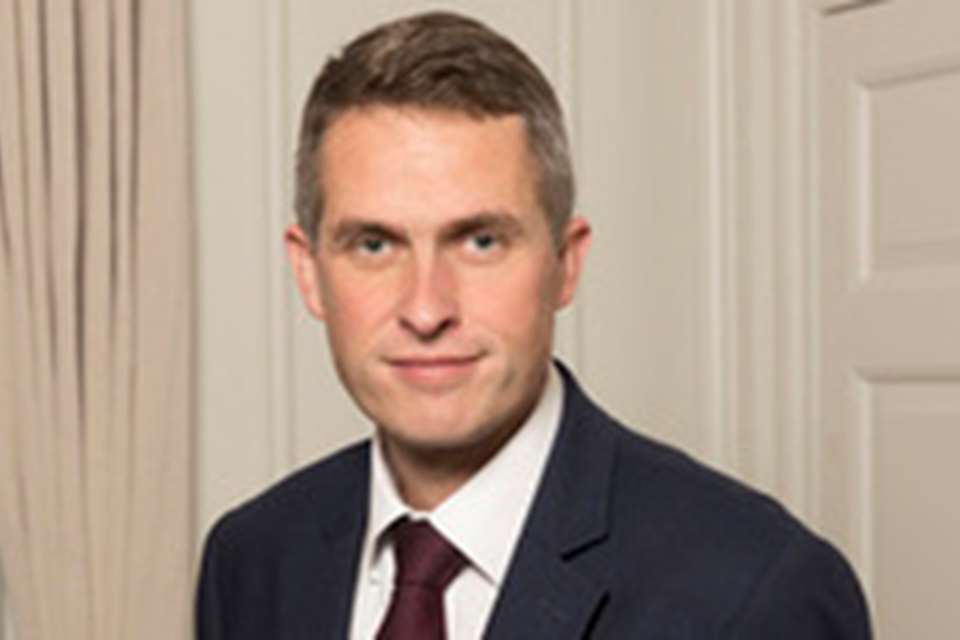Teachers call on PM to create a recovery plan for education
Nicole Weinstein
Thursday, June 11, 2020
The National Education Union has written to the prime minister calling for a 10-point ‘national recovery plan’ for education, amid growing concerns that the majority of school children will face the rest of the summer term at home.

The letter sent to Boris Johnson comes a day after the Government abandoned its aim to bring back all primary school children for at least a month this term, and highlights the needs of children and young people, in particular those who suffer from disadvantage and deprivation.
The NEU said that the plan will require ‘major investment in education, akin to the investment made in the job recovery plan’.
The letter says, 'The effects of COVID 19 on England’s education system are likely to be prolonged and profound. The majority of pupils will not be returning to school until September at the earliest, but we do not know how much time they will be in school because we cannot predict what measures will need to be taken, then, to ensure that schools do not become vectors for COVID.
'Whilst we all hope that there will not be a second spike, or local spikes, we must plan for this possibility.
'It is with these considerations in mind that the National Education Union has developed a 10 point plan for education renewal.'
The plan also seeks to address the sense of isolation which is being felt by many children, by introducing a summer holiday local offer and free school meals. It also focuses on poor children and young people who need significant additional support so that they can fulfil their potential.
Dr Mary Bousted and Kevin Courtney, joint general secretaries of the NEU, said, ‘Schools and pupils have had to adapt quickly to extraordinary circumstances. They have done this remarkably well, often with little or unclear guidance from Government. This cannot happen again.
‘We need a clear national plan. The Government must demonstrate leadership and the capacity to work with local authorities and education unions so that plans are implemented in all the regions.’
Meanwhile, giving evidence to the Lords public services committee, Ofsted’s chief inspector of schools, Amanda Spielman, expressed her disappointment that many primary school children would not be able to return this term, and called for a more can-do approach to schools reopening.
‘So many people perhaps have been looking at this from the point of view of what they can’t do, rather than what they can.
‘I would love to see more people in local areas really stepping up and saying – I could make this happen – and getting as much on the road as possible this side of the summer and real ambition for what happens in the autumn.’
Sir Michael Wilshaw, the former chief inspector of schools in England, called for catch-up classes over summer. He has said the Government’s failure to plan to get children back to school safely was ‘absolutely astonishing’.
Meanwhile, speaking at the No 10 daily press conference last night the prime minister pledged that there would be a ‘massive catch-up operation over the summer and beyond’, with details to be announced by the education secretary Gavin Williamson next week.
The NEU also said that public buildings, such as libraries and sports halls, civic centres and religious buildings could be used to allow for social-distancing and expand the space available for children to be educated in non-school settings. Retired teachers should also be encouraged to return to the profession as class sizes will need to be smaller.
The NEU's 10-point plan for children and young people
- Disadvantaged children and young people and their families must be a key priority. They must not become casualties of COVID.
- Free school meals must continue to be provided over the summer holidays so that disadvantaged children do not go hungry. Holiday hunger was real pre COVID – it will be worse this summer.
- Local authorities must be funded to make a summer holiday local offer to children and young people. Local authorities should coordinate the planning of summer holiday clubs, particularly in areas of deprivation, so that children and young people have a safe place to go to and positive activities to engage and interest them, and build their confidence for a successful return to school in September. Places for those on Free School Meals should be fully funded by Government.
- Public buildings, such as libraries and sports halls, civic centres and religious buildings should be used to expand the space available to schools so that social distancing can be achieved, with greater numbers of pupils being educated in non-school settings, if not in schools.
- Qualified teachers who have left the profession should be encouraged to return to teaching. They will be needed as class sizes will be smaller. This will help all children who have gone through a traumatic time during the crisis, and in particular disadvantaged children who will benefit greatly from lower pupil/teacher ratios.
- GCSE and A levels must be changed to provide a fair assessment of young people’s attainment. They cannot be expected to cover all the current syllabus because they have had less teaching time. This could involve a combination of teacher assessment and slimmed down exams, with more choice of questions. Whatever the decisions made, teachers, pupils and their parents need to know that the emergency measures adopted for GCSE and A level exams in 2020 will not be repeated in 2021. Government will need to reassure all those involved that this will be a fair process that will not disadvantage young people and their futures. Primary SATs should not take place because they are mainly a school accountability measure and will not be comparable to previous or subsequent years.
- Plans must be made for blended learning – pupils learning at school and at home – from September and into the next academic year, with all pupils having both face-to-face contact and remote learning when this is safe. These plans will be needed in case of a second spike or a rise in a local R rate. This must be resourced by Government and teachers supported to develop blended learning as has happened in Scotland.
- Children and young people living in poverty and low- income homes must be given the resources they need to learn at home, including access to books and creative resources, as well as technology. 700 thousand children live in homes without internet access. This must be provided by Government so that these children are able to access on-line learning. Free laptops must be provided for children who do not have them so that they are able to access online learning at home.
- We know childhood poverty and inequality limits life chances and is a significant factor in school achievement. We must not lose a generation because the pandemic makes even more children poor. This requires a ‘can do’ mentality – around unemployment, training and benefits as well as direct support to schools.
- A national plan for children’s well-being should be resourced and launched to support children who suffered trauma in the pandemic and students’ well-being must be placed at the centre of how we adapt education to meet the needs of children and young people.







